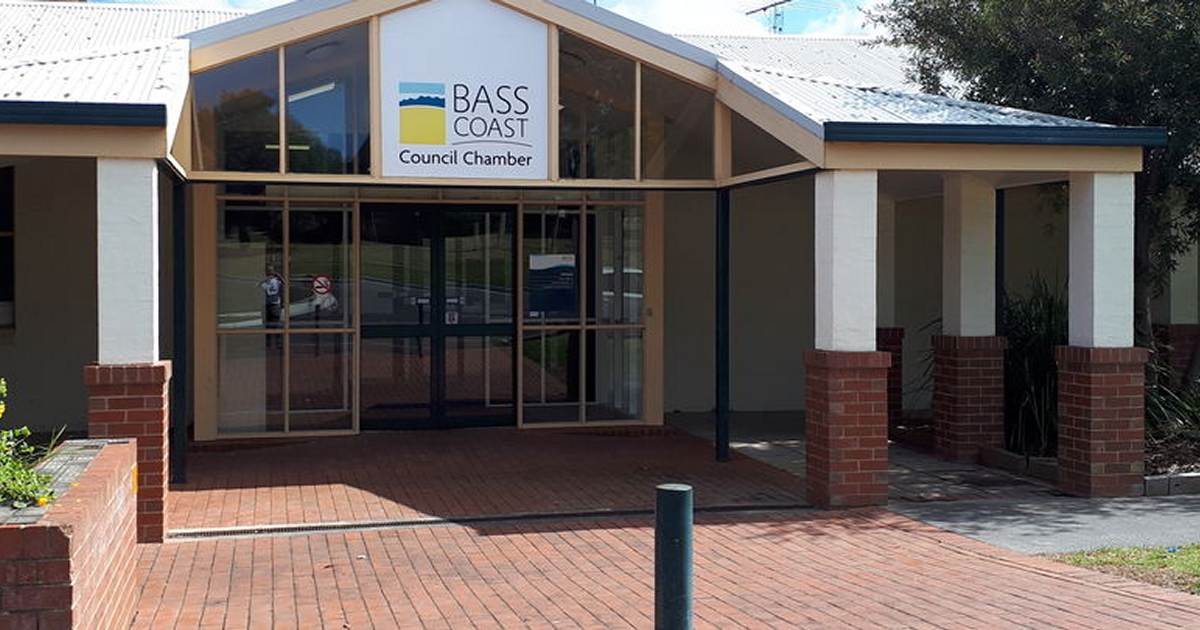Victoria’s Bass Coast Shire Council is encouraging residents to contribute to the development of a climate action plan for the community.
In August last year, Bass Coast Shire Councillors resolved that climate change poses a serious threat and should be treated as an emergency; becoming one of the hundreds of councils across the nation to make a climate emergency declaration.
It was also resolved Council would develop the Bass Coast Climate Change Action Plan 2020-30, which will include a target of zero net emissions by 2030 across Council operations as well as the wider community; the latter making it quite ambitious. Reaching this goal may involve options such as more renewables including solar power (something we always like to hear), energy efficiency and carbon sequestration (e.g. restoring forests) initiatives.
As well as playing a part in addressing the root causes of climate change, the Plan will also have an adaptation element to help the community adapt to impacts including more or more severe storms and heatwaves.
Now it’s time for the community to get involved by participating in a survey. Responses from the survey, which takes 15 – 20 minutes to complete, will be used to create an accurate carbon emissions model for the local government area, support development of Plan actions and to assist community groups create and execute projects.
“The survey contains a number of questions regarding household energy – having a copy of a recent utilities bill may make these questions easier to answer,” says Council.
Bass Coast Shire And Solar Energy
Bass Coast Shire, located in the southeastern part of Victoria around 124 kilometres from Melbourne, covers an area of 866 square kilometres and had a population of 35,327 in June 2018.
In terms of Council’s own solar efforts to date, it noted in August last year it had 150kW of solar power capacity installed – with “more to come”. Among that existing capacity was a 100kw solar power system at the Wonthaggi Civic Centre, which was installed in April last year.
Council has made good on its promise of rolling out more solar energy with at least two more systems since August. One was an upgrade at the Inverloch Hub, extending the existing 12kW system to 32kW. The other involved 74 solar panels (28kW) installed across two rooftops at the Wonthaggi Depot, which replaced and expanded on an older system.
Across the broader community, which includes towns such as Cowes and Wonthaggi, solar panels are pretty popular. Approximately 19.1% of dwellings were harvesting the energy of the sun as at the end of September last year (Source: APVI). State-wide, the percentage of dwellings with a PV system at that point was estimated at 17.9%.


 RSS - Posts
RSS - Posts



Speak Your Mind